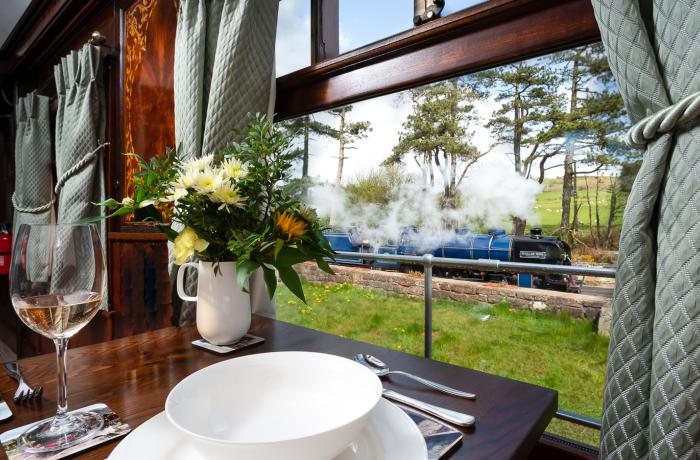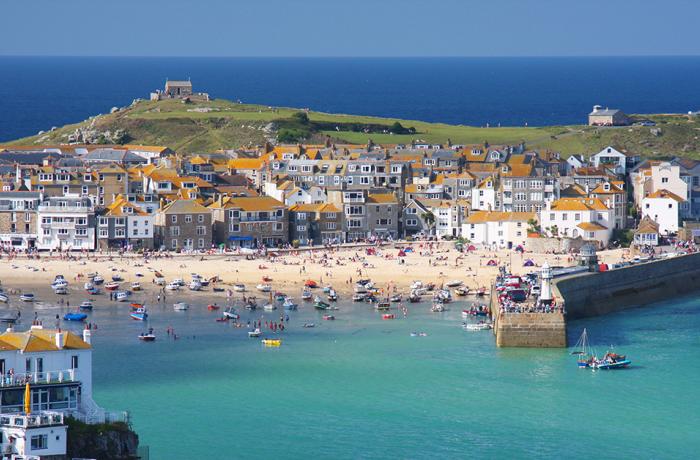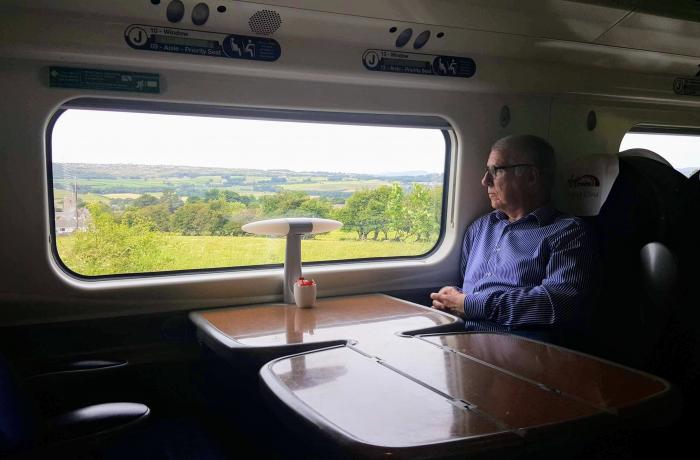Looking forward to wonderful, sustainable, community-minded trips, flight-free & car-free
By Jools Townsend, chief executive, Community Rail Network
This feels like a strange time to be writing about sustainable travel. In the midst of a national lockdown, and global pandemic, travel of any kind simply isn't an option right now, unless you're a key worker, keeping critical services running.
But in some ways, this is an ideal time to look to the future, and think about how we will travel when we come out of the other side of Covid-19. It can be a wonderful salve, to help us stay positive through these challenging times, and it can help lay the foundations, for rebuilding our communities and re-orientating our lifestyles more around community, and care for one another, our surroundings and our future.
I am a life-long travel fanatic, and privileged to have visited breathtaking places, met wonderful people, and soaked up cultural experiences around the world. But I have also been increasingly focused on sustainability, in my personal and professional life, and conscious of the damage travel can do.
That led to me taking the #flightfree pledge about a year ago, having taken various steps to reduce my environmental impact over the years, including going #carfree many years ago.
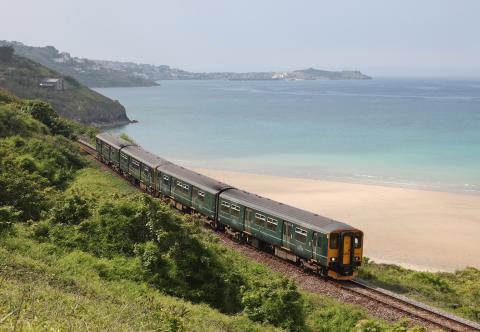
Since then, my husband and I have enjoyed some wonderful travels by train, from Cornwall to Cumbria, where the journey was very much part of the holiday, and we had that quite magical, liberating feeling of arriving under our own steam, and exploring at our own pace.
We were in the process of planning a bigger trip by train to Eastern Europe when the lockdown started – something to look forward to, hopefully in the not-too-distant future.
Professionally, I'm proud to run an organisation, the Community Rail Network, which helps communities engage with local railways. We represent 70 community rail partnerships, and 1,000 station 'friends' groups around Britain: community-based organisations and volunteer groups. They help young people and excluded groups to have the confidence to use rail, bring together volunteers to improve environments at and around stations, run community events and social enterprises, and promote rail as a part of sustainable travel. They also, uniquely, work with rail partners, to help them understand local needs, put communities at the forefront, and connect up rail better with buses, walking and cycling.
Our role, as the umbrella body for this grassroots movement, is to support and champion our members, to help their communities get the most from their railways.
One of the ways we do this is through our Scenic Rail Britain campaign, which encourages people to use rail, especially 'hidden gem' community railway lines, to not only travel more sustainably, but immerse themselves in local communities, landscape and history. While the campaign is taking a bit of a holiday of its own, we are still encouraging use of the site for planning ahead, to happier times and travel.
Due to Covid-19, our members have scaled back many of their usual community rail activities, including volunteering, events and education. But there’s also lots of reflection and adaption going on, so we keep communicating with local people and partners, and help our communities to cope, build resilience, and rebuild. When we come out the other side of this, we believe community rail will be more important than ever; probably the same is true for the whole community and voluntary sector, and efforts to improve sustainability. We will need to redouble efforts to nurture local cohesion, inclusion, togetherness and efficacy, and we will need to grapple with the longer-term crisis we face, with our climate. But also, we’ll have an opportunity, surely, to re-orientate our communities and lifestyles more around care for and connectedness with one another, our environment and our future.
This opportunity, and need, to re-orientate ourselves and our communities very much applies to transport and travel, and we have much to gain from this. Many lament air travel as too fast, too disorientating, and too detached from not only the places you pass through, but the places you go to: literally lifting you out of the world, and plonking you down, with no sense of a journey, or the journey being part of the experience. Package holidays by air (and cruises) exacerbate the separation from local communities further, and, often, the weak economic gains of this type of travel due to ‘capital flight’ (big companies extracting funds rather than money being spent with local people) fail to compensate local environmental damage.
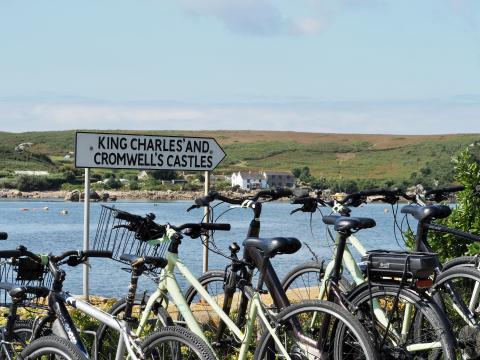
To an extent, this also applies to driving on holiday, hence the slow travel movement advocates travelling by public transport, walking and cycling to really experience and soak up a place and its pleasures.
Driving not only makes a huge, growing contribution to the climate crisis (with mileage continuing to rise), but also causes much harm to local landscapes and communities. This is recognised by Campaign for National Parks, who explain why enabling more car-free travel helps to protect these treasured places, while benefitting local economies and making access more inclusive (many people are excluded from such trips because they don’t have a car). It’s also plain to see, and hear, at any popular tourist spot – and indeed almost every place where we live, work and visit – how cars clog up, pollute, endanger and spoil villages, towns, cities, and what should be lovely spaces, not only for visitors, but people who live there.
There is clearly much to be done, as we rebuild from Covid-19, to make travelling by rail, bus, walking and cycling, easier, more joined up and natural, and community rail will continue to work with partners towards this goal. But another big challenge is to reset our outlook, to stop seeing flying or driving as the default, and realise that sustainable travel is also the community-orientated option, and the aspirational option, acknowledging the great benefits both for travellers, and communities, and places we visit, of travelling by train, bus, foot and cycle.
These joys, of travel by train, are showcased on Scenic Rail Britain, so I urge you to use it, while we’re feeling cooped up and unsettled, to think forward to green, exciting, scenic adventures, and encourage friends and family to do the same.
We have an opportunity to bring something good out of this situation, to reimagine travel, as something more immersive, stimulating and wonderful for the traveller, and positive, sustainable, and empowering, for local communities and their places.
Subscribe to our blog posts. We are planning to post about once a month. We will never share your details and you can unsubscribe with a single click.


